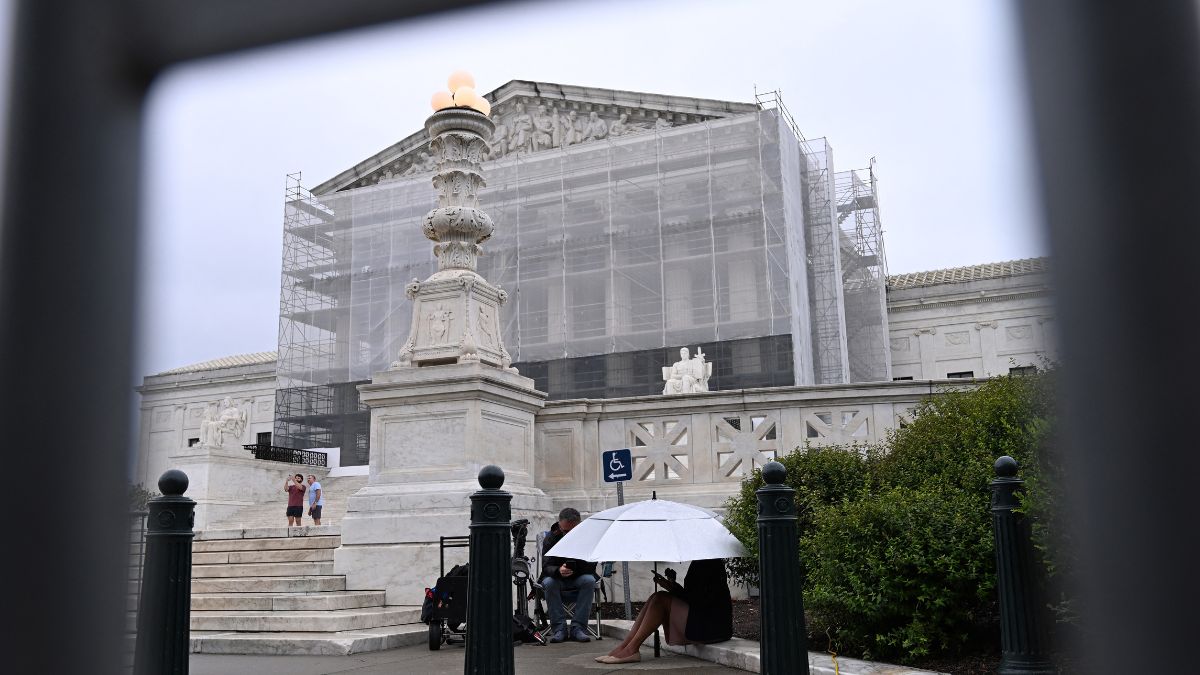The US Supreme Court’s decision on Friday has sown confusion and anxiety among immigrant families particularly those with expectant mothers over the future of birthright citizenship in the country.
The ruling, delivered by the court’s conservative majority on Friday allows an executive order by President Donald Trump to partially move forward. The order, issued on his first day back in office this January seeks to end the automatic granting of US citizenship to children born on American soil unless at least one parent is a US citizen or legal permanent resident.
Though three lower court judges had blocked the measure nationwide, citing constitutional concerns, the Supreme Court did not directly rule on the order’s legality. Instead, it curbed the ability of judges to issue broad, nationwide injunctions, opening the door for the policy to take effect in some states while legal battles continue in others.
That partial green light has created uncertainty about how the ruling will be applied and who it will affect, particularly in the 28 states that did not challenge the executive order. Immigration attorneys and advocacy groups have since reported a surge in calls from worried parents and expectant immigrants trying to understand what the decision means for their children’s citizenship.
One of them is Lorena, a 24-year-old Colombian asylum seeker living in Houston and due to give birth in September. After scanning news reports, she told AP she was left more confused than reassured. “There are not many specifics. I don’t understand it well,” she said. Her main concern: what if her baby is born without any nationality? “I don’t know if I can pass on my citizenship. I also don’t know if I can add her to my asylum claim. I just don’t want her to be stateless.”
Impact Shorts
More ShortsTrump has framed his crackdown on birthright citizenship as part of a broader immigration reform agenda, arguing that current policies serve as a “magnet” for migrants seeking to give birth in the U.S. “Hundreds of thousands of people are pouring into our country under birthright citizenship, and it wasn’t meant for that reason,” he said at a White House briefing.
Legal experts, however, warn that the current situation risks creating a fragmented and chaotic system. Kathleen Bush-Joseph of the Migration Policy Institute cautioned that different states could now interpret and apply the order differently. “Would individual hospitals have to determine the citizenship of babies and their parents? It’s an extremely confusing patchwork,” she said.
In response to the ruling, advocacy groups filed an amended lawsuit in Maryland federal court on Friday afternoon seeking class-action protection for individuals who may be denied citizenship under the new policy.
The fear is already palpable on the ground. Lynn Tramonte of the Ohio Immigrant Alliance recounted receiving a call from a man on a temporary visa whose pregnant wife was due soon. Worried that Ohio wasn’t among the states challenging the policy, he wanted to know how he could safeguard his child’s citizenship.
Some groups—such as CASA in Maryland and the Asylum Seeker Advocacy Project, remain shielded from the policy under prior court rulings, but it remains unclear whether people in other states could join these organizations to gain the same protection.
For US-born Betsy, a recent high school graduate from Virginia and a CASA member, the policy feels deeply personal. Her Salvadoran parents were undocumented when she was born. “It targets innocent kids who haven’t even been born yet,” she said, asking to withhold her full name for safety.
Others are also grappling with the implications. Nivida, a Honduran asylum seeker in Louisiana and a member of the Asylum Seeker Advocacy Project, recently gave birth. On Friday, she got a call from a pregnant friend—also undocumented—terrified about what might happen under Louisiana’s Republican administration. “She asked, ‘If my baby is born here, will she still be a citizen?’
As the legal process unfolds and enforcement details remain murky, expectant immigrant parents are left in limbo unsure whether their US-born children will be granted the very citizenship once considered a constitutional birthright.
With inputs from agencies


)

)
)
)
)
)
)
)
)



